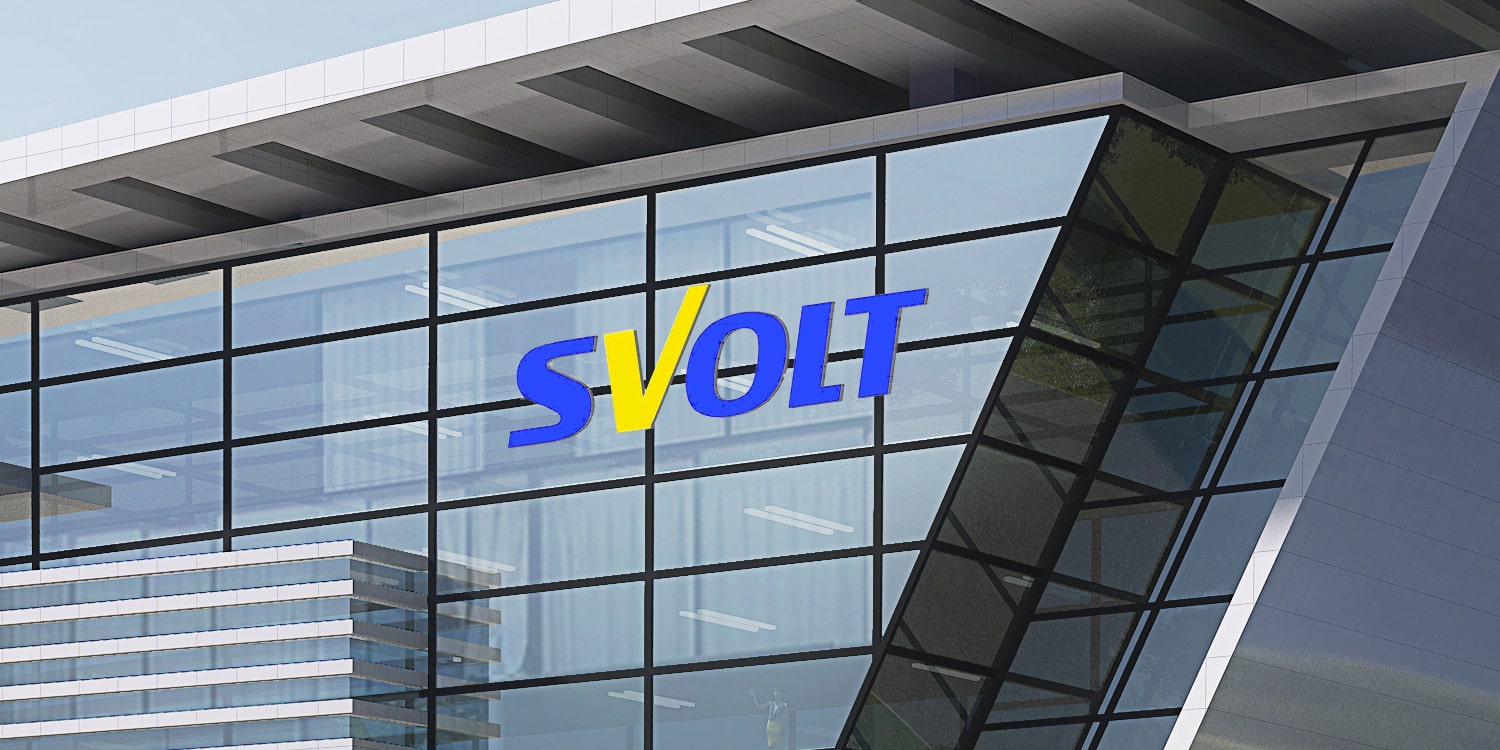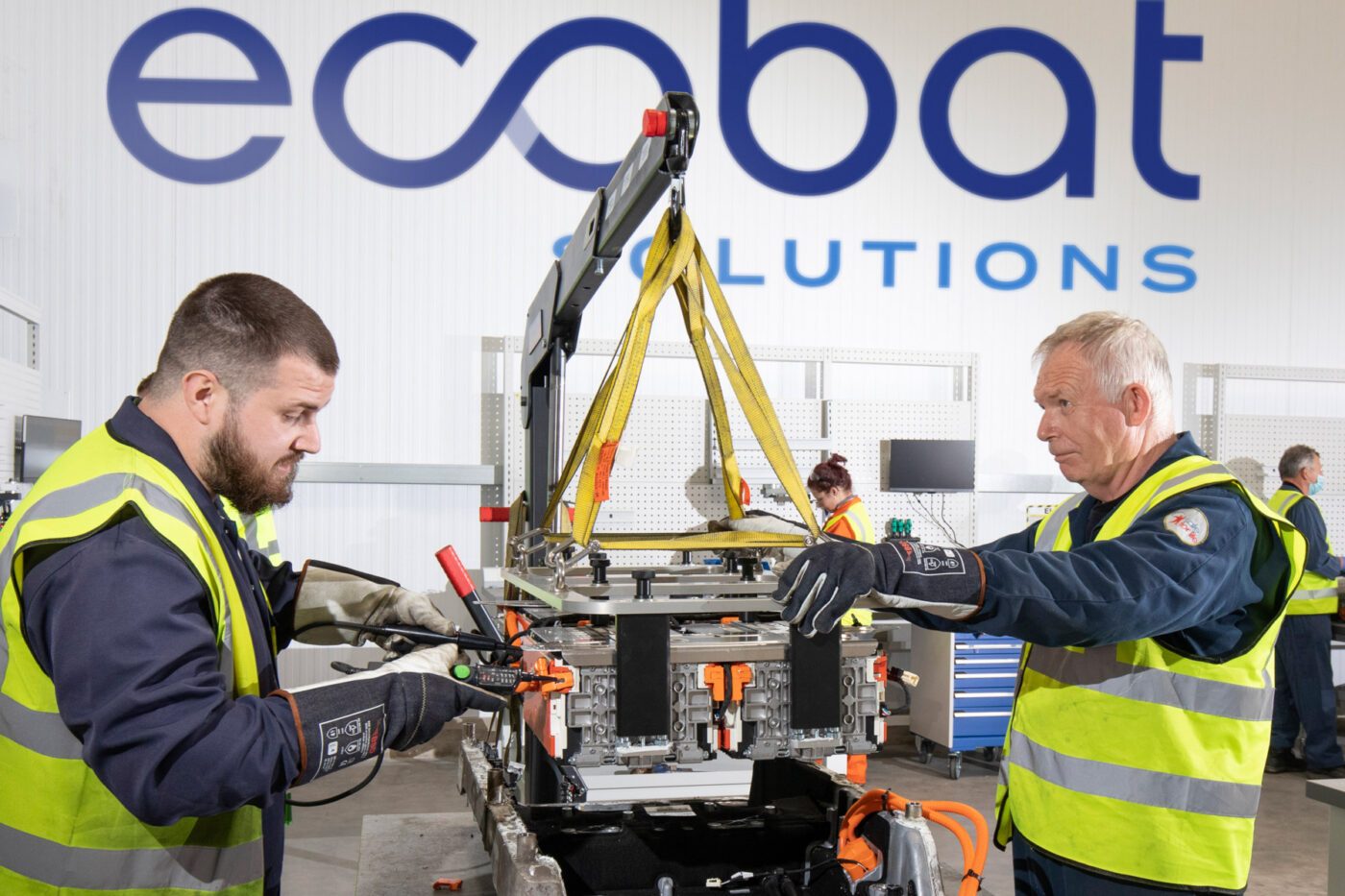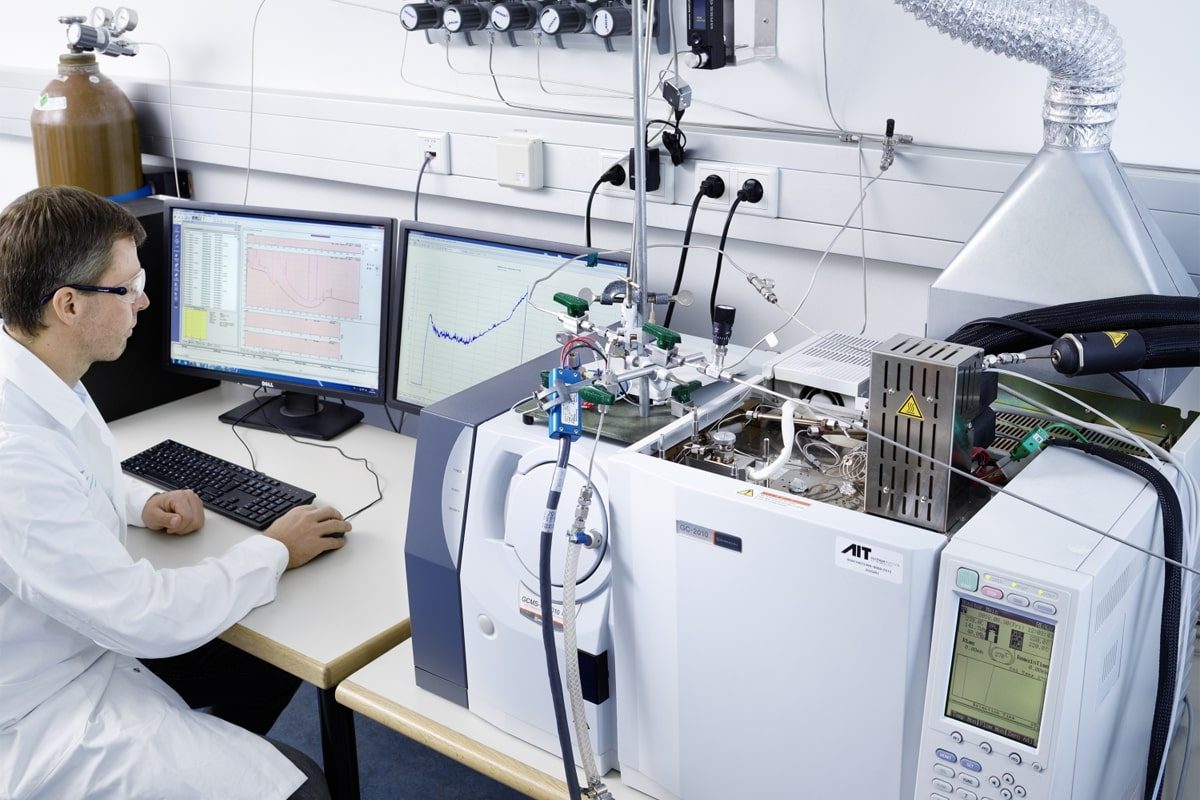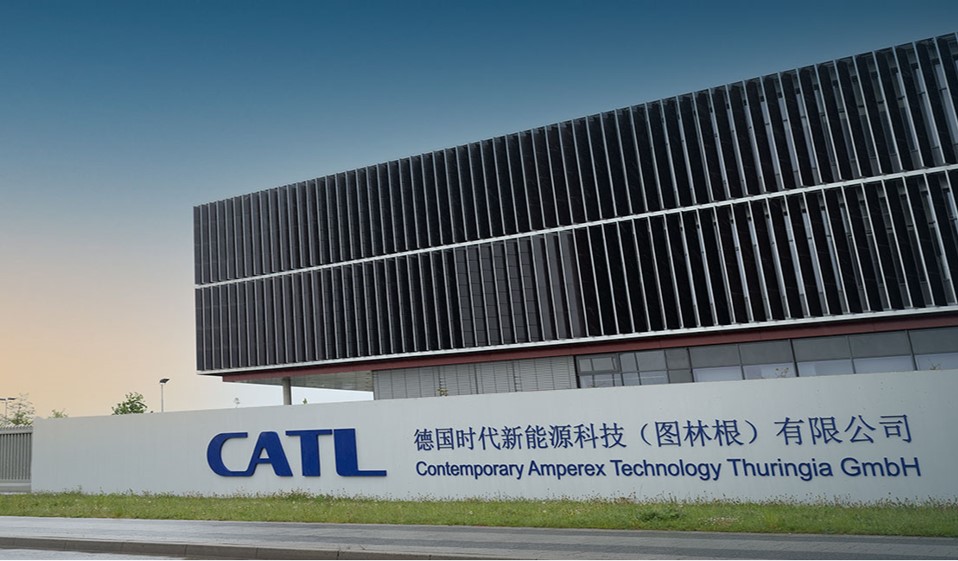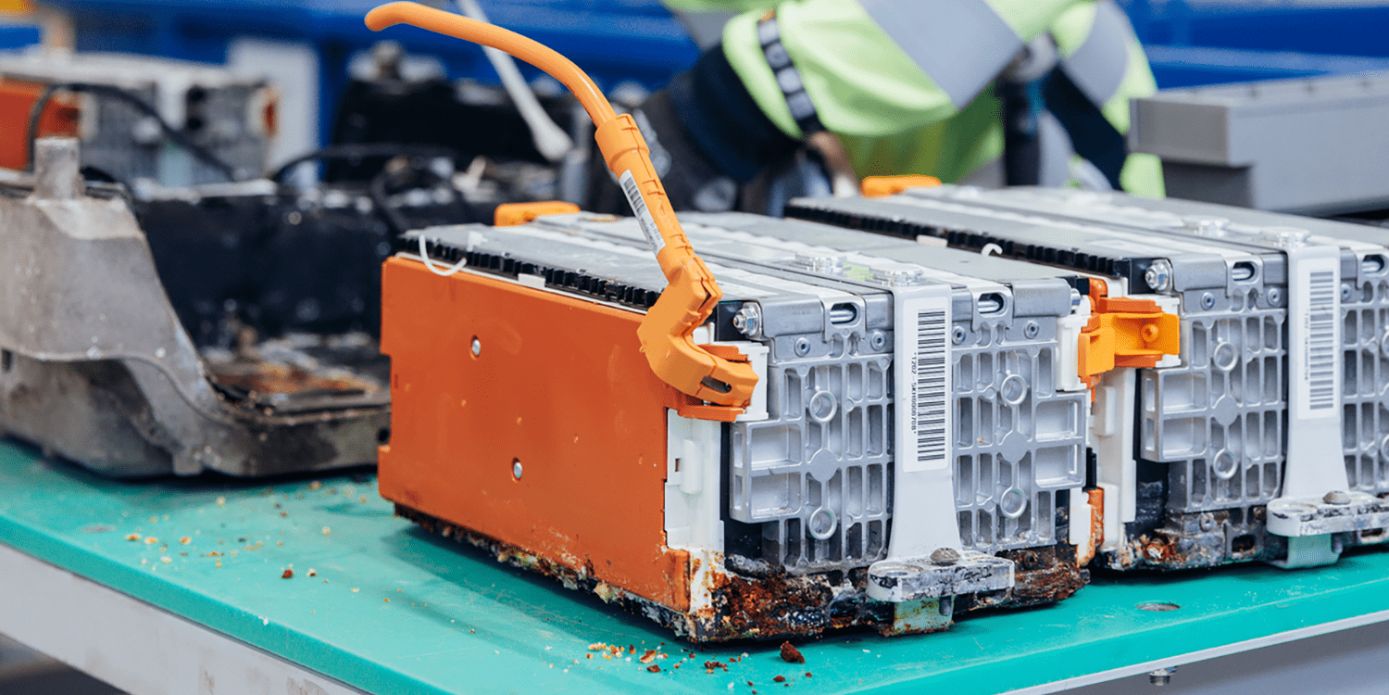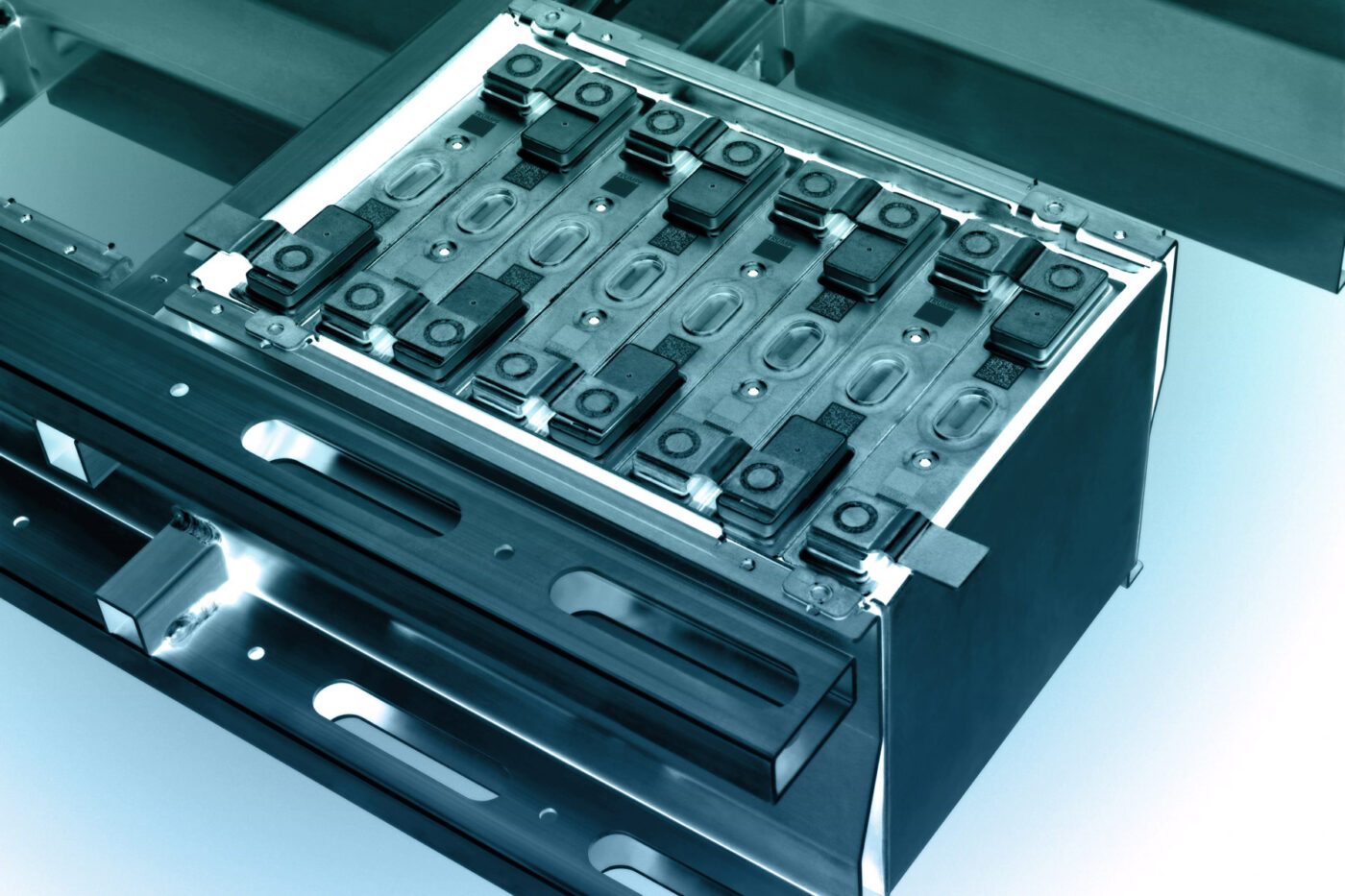BMW Group Thailand has announced plans to construct a battery factory in Rayong, Thailand, this year, in a move aimed at bolstering its electric car and plug-in hybrid sales. The decision is also driven by the escalating activities of Chinese companies in the region.
“We decided to invest in battery manufacturing because China is expanding its EV investment and supply chains in Thailand,” said Alexander Baraka, head of BMW Group Thailand. He also noted that tensions in the Red Sea were causing delays in shipping some auto components to Asia, impacting BMW Group Thailand’s operations.
See also: Thailand Introduces Incentives to Accelerate Adoption of Electric Trucks and Buses
BMW currently runs a vehicle plant in Rayong, where it produces battery systems for plug-in hybrids locally. These combustion engines and hybrids are not only intended for the domestic market but also for export.
BMW appears to be aiming for a similar strategy with the battery production, positioning Thailand as an export center. The company’s Thailand CEO referred to the project as a “battery factory” and an “EV battery plant,” suggesting that it will likely involve the assembly of purchased cells into ready-to-install battery systems. While BMW operates a pilot production facility for battery cells near Munich, its primary purpose is to gain knowledge for cell development, with mass production handled by specialized partners like CATL or Eve Energy.
See also: GAC Aion Initiates Construction of $65 Million EV Plant in Thailand
The assembled battery systems are intended for shipment to other plants and for installation in vehicles in Rayong. Baraka mentioned that BMW is contemplating the production of electric cars in Rayong, although a final decision has yet to be made.
Factors influencing this decision include market demand and the global supply of semiconductors. If BMW proceeds, Thailand would become the third country outside Germany where BMW builds electric cars, after China and Hungary.
See also: Gotion High-Tech Commences Battery Production in Thailand Joint Venture
Thailand has witnessed rapid growth in demand for electric cars and the e-mobility sector, partially due to the government’s subsidy policy aimed at establishing the country as a regional hub for electric car production. Consequently, several Chinese companies, including SAIC’s MG, GAC’s Aion, Neta, and Great Wall on the vehicle side, and SVOLT, Gotion High-Tech, and Eve Energy on the battery side, have recently invested in Thailand to manufacture electric cars and batteries for both local and export markets within Southeast Asia.


